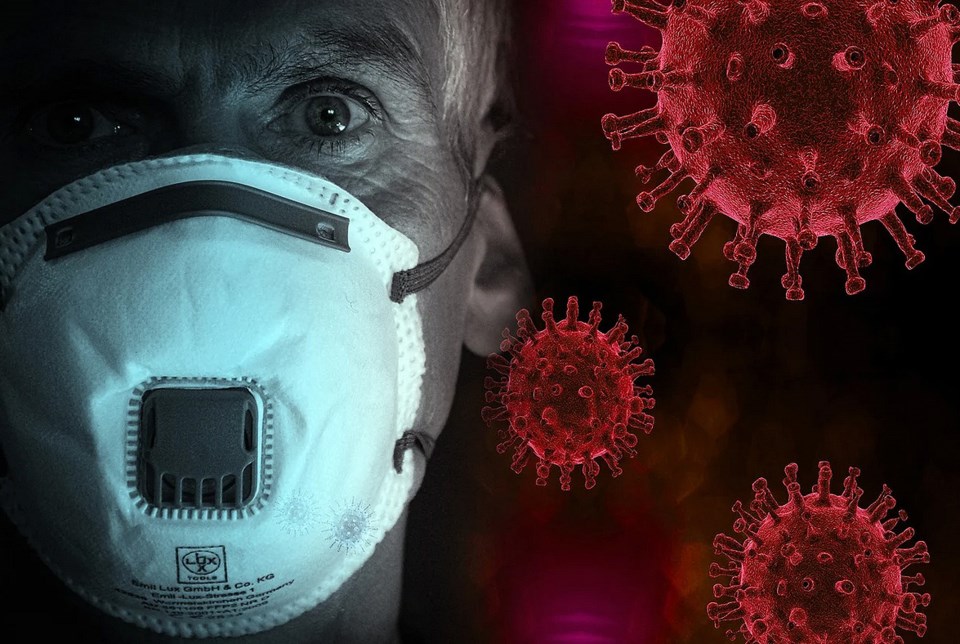An investigation into the provincial government holding secret the locations of COVID-19 outbreaks by B.C’s privacy commissioner is being welcomed by a group of First Nations and information freedom advocates.
The groups said in a Sept. 15 application to commissioner Michael McEvoy that B.C.’s government must disclose COVID-19 infection locations by law.
“If COVID-19 proximate case information does not represent information about a risk of significant harm to our communities, we don’t know what does,” Heiltsuk Nation chief councillor Marilyn Slett said as the complaint was filed.
So, McEvoy said Sept 18, he would initiate an investigation and proceed with a written hearing followed by a written decision.
In the hearing notice, McEvoy said there have been “extensive communications between the complainants and the Ministry, which suggest that an attempt to resolve the complaint informally would be unlikely to succeed.”
The notice said the communities involved are Port Hardy, Haida Gwaii, Klemtu, Ocean Falls, Denny Island, Nanaimo, Campbell River, Prince George, the Metro Vancouver Regional District, Williams Lake and Quesnel, Bamfield, Port Alberni, Uculelet, Tofino, Campbell River, Duncan, Tahsis, Zeballos and Gold River.
Provincial health officer Dr. Bonnie Henry has been among those resistant to such information release and has maintained the risk is everywhere.
“It would be irresponsible to mention only a few communities and give people outside those areas a false sense that they are not susceptible or at lower risk. Every health region in British Columbia has people with COVID-19,” Henry said in an April 6 opinion article. “Every community and home town – no matter how large or small – is at risk.”
However, the Heiltsuk Nation, the Nuu-chah-nulth Tribal Council and Tsilhqot’in National Government and other First Nations, civil society groups and doctors assert the government’s refusal to share information violates Section 25 of the Freedom of Information and Protection of Privacy Act.
That section says information must be disclosed in the public interest whether or not a request for access is made. It says the information must be disclosed without delay to the public or affected group of people “about a risk of significant harm to the environment or to the health or safety of the public or a group of people, or the disclosure of which is, for any other reason, clearly in the public interest.”
However, the nations said B.C.’s own Declaration on the Rights of Indigenous Peoples Act requires that government “take all measures necessary” to ensure the laws of B.C. are consistent with the UN Declaration on the Rights of Indigenous Peoples.
That declaration includes rights to self-determination, self-government and to develop and determine programs for maintaining the health and well-being of Indigenous people.
@jhainswo



